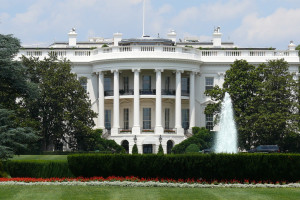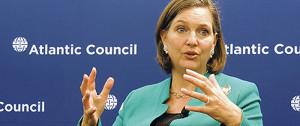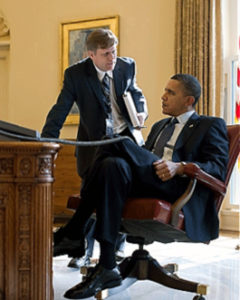Richard Sakwa: RE: Keith Gessen’s article [“The Quiet Americans Behind the U.S.-Russia Imbroglio”]

Subject: RE: Keith Gessen’s article
Date: Mon, 14 May 2018
From: Richard Sakwa <R.Sakwa@kent.ac.uk>
[Richard Sakwa is a Professor of Russian and European Politics at the University of Kent and Associate Fellow of Chatham House]
Keith Gessen’s fascinating account of the inner workings of the US foreign policy establishment provides real insight into how policy is formulated and implemented. Of course, he makes no pretence of providing a comprehensive picture. As some earlier comments on his piece have pointed out, there is a lively critique of US foreign policy going on, and although the ‘dissident’ line is not keeping a low profile out of choice, its views do not seem to be resonating very loudly in the corridors of power. Quite the opposite. In practice, we have in the recent period seen an extreme case of ‘groupthink’, both in Washington and in London, which is extraordinarily hard to penetrate or influence. [nytimes.com/2018/05/08/magazine/the-quiet-americans-behind-the-us-russia-imbroglio.html]
That is why Gessen’s piece is so important. It provides an important glimpse into the confluence of factors that have produced the dominant consensus – a group view that many of us think is not only profoundly mistaken but also extremely dangerous. The absence of countervailing views in the top echelons of power is frightening, apart from Donald Trump’s intuitive personal reticence about goading Russia further (although his policies are doing the opposite).
His account is far from simplistic and raises a number of important issues. First, how to explain the profound continuity in US foreign policy between administrations, irrespective of their formal party allegiance. He avoids the term ‘deep state’ that has become popular in recent years, but does identify deep continuity. This is the result of the way that in the 2000s two powerful tends have in effect merged: the liberal internationalists (humanitarian interventionists), concerned about human rights and the advance of the normative principles of the liberal international order); and the neoconservative exponents of American primacy. Although there are plenty of nuances, the bottom line now is that it is hard to tell then two apart. This is hardly surprising, since the US-led liberal international order has always been a combination of a power system (some would call it an empire) and a value system (which reinforces the power system, but which cannot be reduced to it). This helps to explain what Gessen identifies as the blurring between the categories of realists and internationalists. Several of Gessen’s interlocutors vividly make this point.
 Second, this helps explain the paradox of Barack Obama’s foreign policy, especially when it came to dealing with Russia. His appointment of Victoria Nuland to become assistant secretary of state and then effectively allowing her to drive policy over Ukraine is yet another case when Obama appears to have gone AWOL. Gessen provides brilliant insight into the bureaucratic framework in which US foreign policy is made, yet one would have thought that a transformative leader (of the sort to which Obama aspired) would have been able to take a strategic viewpoint. Instead, he allowed
Second, this helps explain the paradox of Barack Obama’s foreign policy, especially when it came to dealing with Russia. His appointment of Victoria Nuland to become assistant secretary of state and then effectively allowing her to drive policy over Ukraine is yet another case when Obama appears to have gone AWOL. Gessen provides brilliant insight into the bureaucratic framework in which US foreign policy is made, yet one would have thought that a transformative leader (of the sort to which Obama aspired) would have been able to take a strategic viewpoint. Instead, he allowed  his officials to run policy, and appeared to take absolutely no interest in the deeper conceptual framework of relations with Russia. Meeting with Vladimir Putin in July 2009, Obama did ask him why relations between the two countries were so fraught. Putin tried to explain for over an hour, and it was clear that Obama was interested in Putin’s arguments, which focused above all on the fears provoked by NATO enlargement. In other words, even such an intelligent and rational leader like Obama was unable to break out of a very narrow definition of American strategic interests. Obama sought to pursue primacy through multilateral leadership, whereas Trump asserts it through a unilateral model of primacy, but the result it seems is the same – a deep impasse in relations between the US and Russia.
his officials to run policy, and appeared to take absolutely no interest in the deeper conceptual framework of relations with Russia. Meeting with Vladimir Putin in July 2009, Obama did ask him why relations between the two countries were so fraught. Putin tried to explain for over an hour, and it was clear that Obama was interested in Putin’s arguments, which focused above all on the fears provoked by NATO enlargement. In other words, even such an intelligent and rational leader like Obama was unable to break out of a very narrow definition of American strategic interests. Obama sought to pursue primacy through multilateral leadership, whereas Trump asserts it through a unilateral model of primacy, but the result it seems is the same – a deep impasse in relations between the US and Russia.
